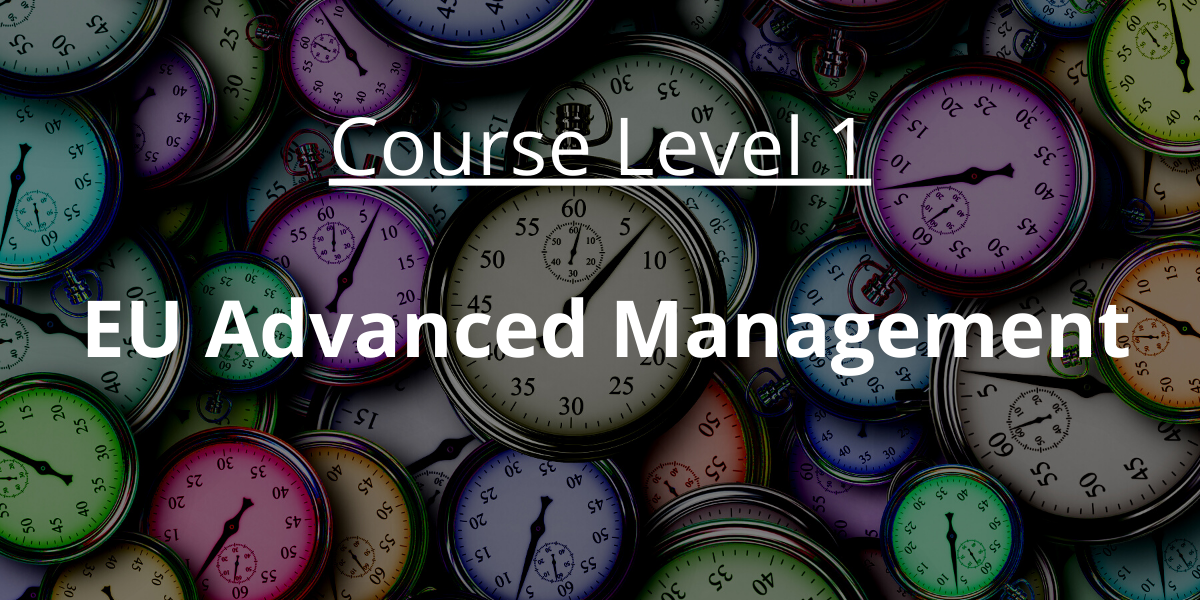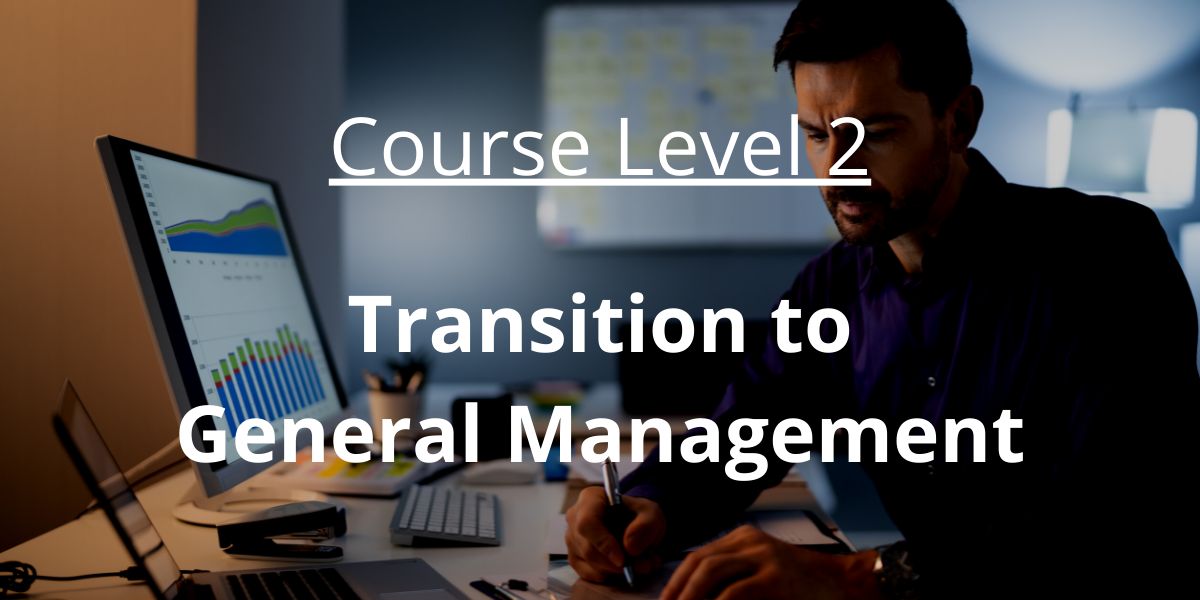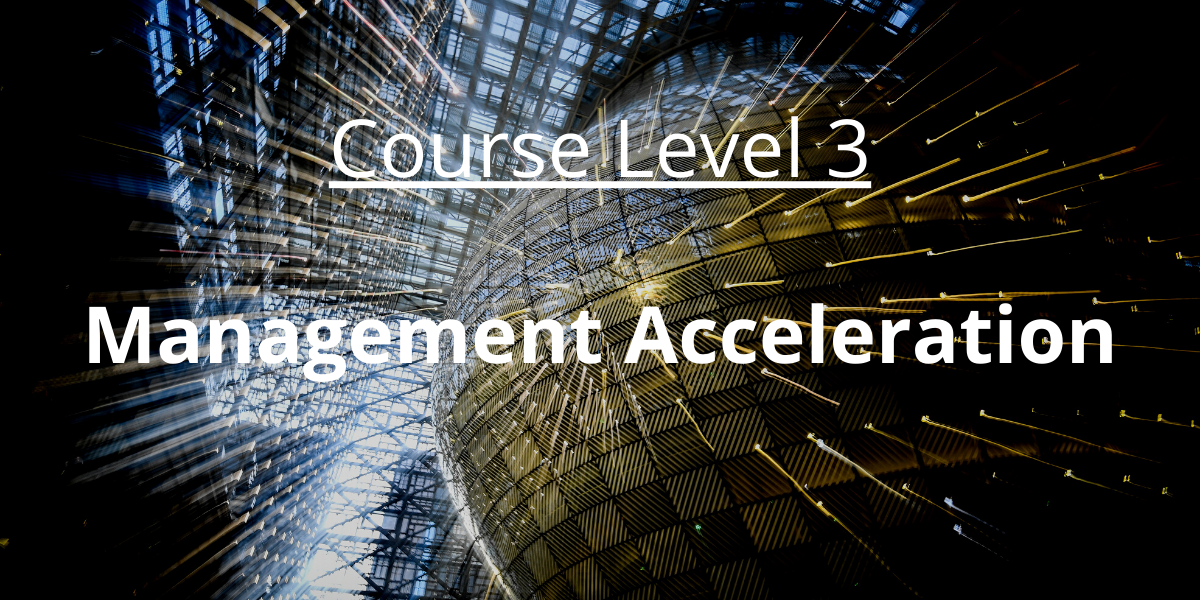EU Energy Policy |
What you will learn
- Find out the EU strategy on Energy
- Find out what the EU is doing to improve the EU's energy independence
- Learn the EU measures actions on Energy
- The EU for Renewables
- Measures to save Energy
- Research & Innovation programs financed by EU on Energy
- EU Agencies, Associations and Statistics
- Daily prices of Energy
- How to get latest info and Calls for tenders
Course structure
- This intensive course is offered in three versions, to offer knowledge and insights suited to your needs as much as possible.
- Instead of long and hardly assimilable lessons, we offer a learning system that will open your mind and new horizons. This will help you to know the proposed subject and a method to assimilate it better.
- We will teach you to consult the Platform we have created on EU Energy Policy, giving you free access for 3 months. In it you will be able to consult the constantly updated content of this Course and you will consult with a direct line the work of EU Agencies, their decisions and interact with the EU scientific networks.
Why is this course interesting for you?
Energy is one of the main problems of the EU.
Europe imports a large part of the energy it uses to move its economy and to meet the needs of its citizens.
The balance of power changes, political instabilities follow one another and are often unpredictable, the needs of Countries change.
A large body of rules at EU level tries to give legislative references to minimize risks, to govern the European energy market, to protect Europe from devastating energy crises.
The EU, together with the authorities of the member countries, constantly monitors the world energy situation and provides every possible support to counter any disturbance of the European market. The single European energy market is aimed precisely at this and research, innovation and some measures of diversification of sources and energy efficiency help to achieve the EU's objectives.
During this course you will also learn the new EU priorities on:
- Reduction of CO2 emissions: The EU has pledged not to increase CO2 emissions by 2050.
- Renounce fossil fuels: the EU wants to reduce its dependence on fossil fuels, also because they are mostly imported.
- Digitization of networks: As with other economic sectors, digitization makes possible huge energy savings and the efficiency of electricity distribution networks.
Intensive Course Level 1
For C-Levels or experienced General Managers with years in business management and with at least 5 years in general management.
For C-Levels or experienced General Managers with years in business management and with at least 5 years in general management.
- € 1 350
- 3 half-days long
Intensive Course Level 2
For senior functional directors or new general managers with 3 years of experience in internal management or leaders of their own business.
For senior functional directors or new general managers with 3 years of experience in internal management or leaders of their own business.
- € 1 100
- 3 half-days long
Intensive Course Level 3
For individual contributors who aspire to – or have recently gained – management responsibilities.
For individual contributors who aspire to – or have recently gained – management responsibilities.
- € 990
- 3 half-days long
Source: European Union, http://www.europa.eu/, 1998-2024
|
Brussels - Milano - Nice - Tokyo
|
eEuropa Belgium
Avenue Louise, 367 1050 Brussels BELGIUM Bld. Franck Pilatte, 19 bis
06300 Nice FRANCE YONO HOUSE 9-1 KAMIOCHIAI, SAITAMA-SHI, SAITAMA-KEN 〒 338-0001 JAPAN Via S. Veniero 6 20148 Milano ITALY |
All rights reserved - © Copyright eEuropa Belgium 2020-2024





